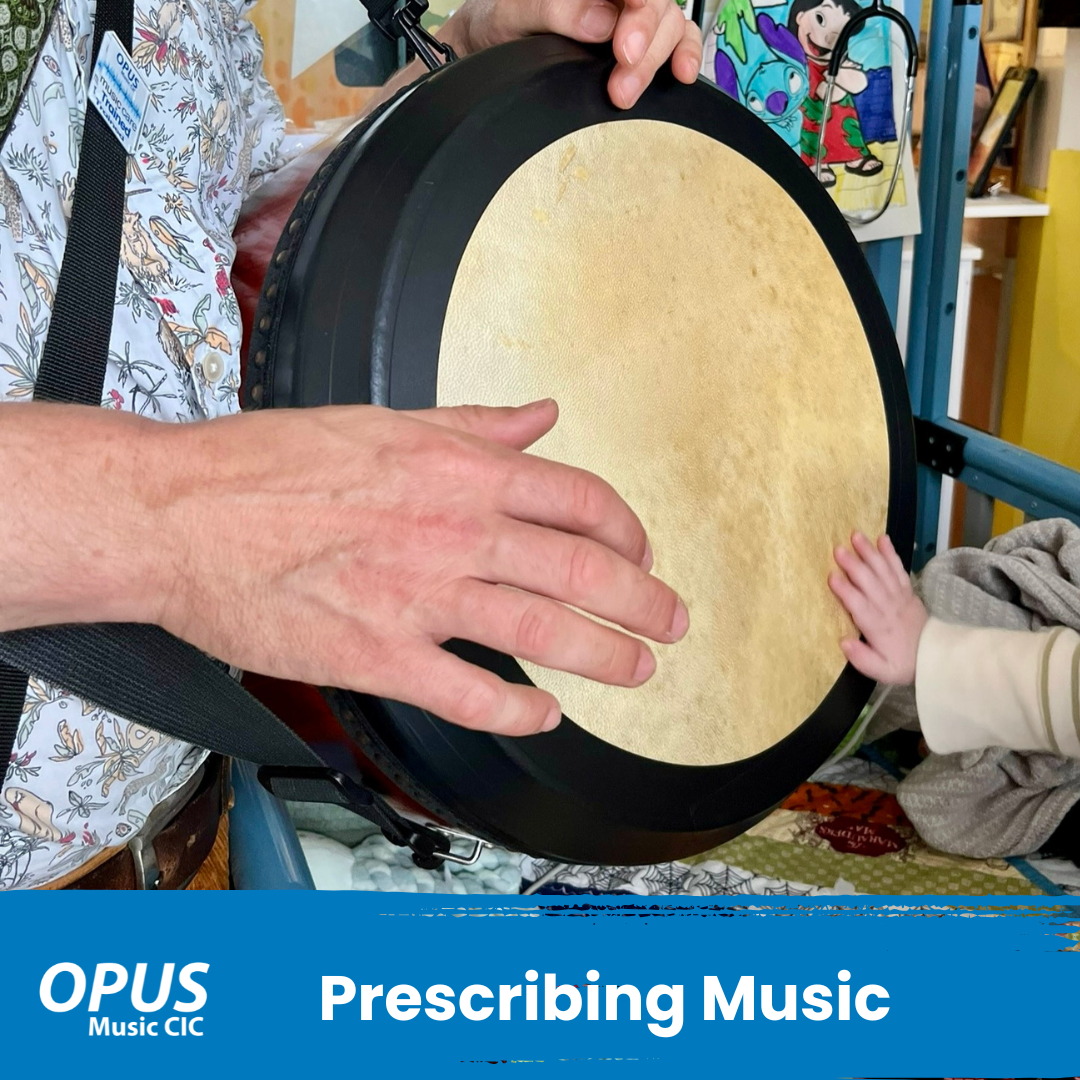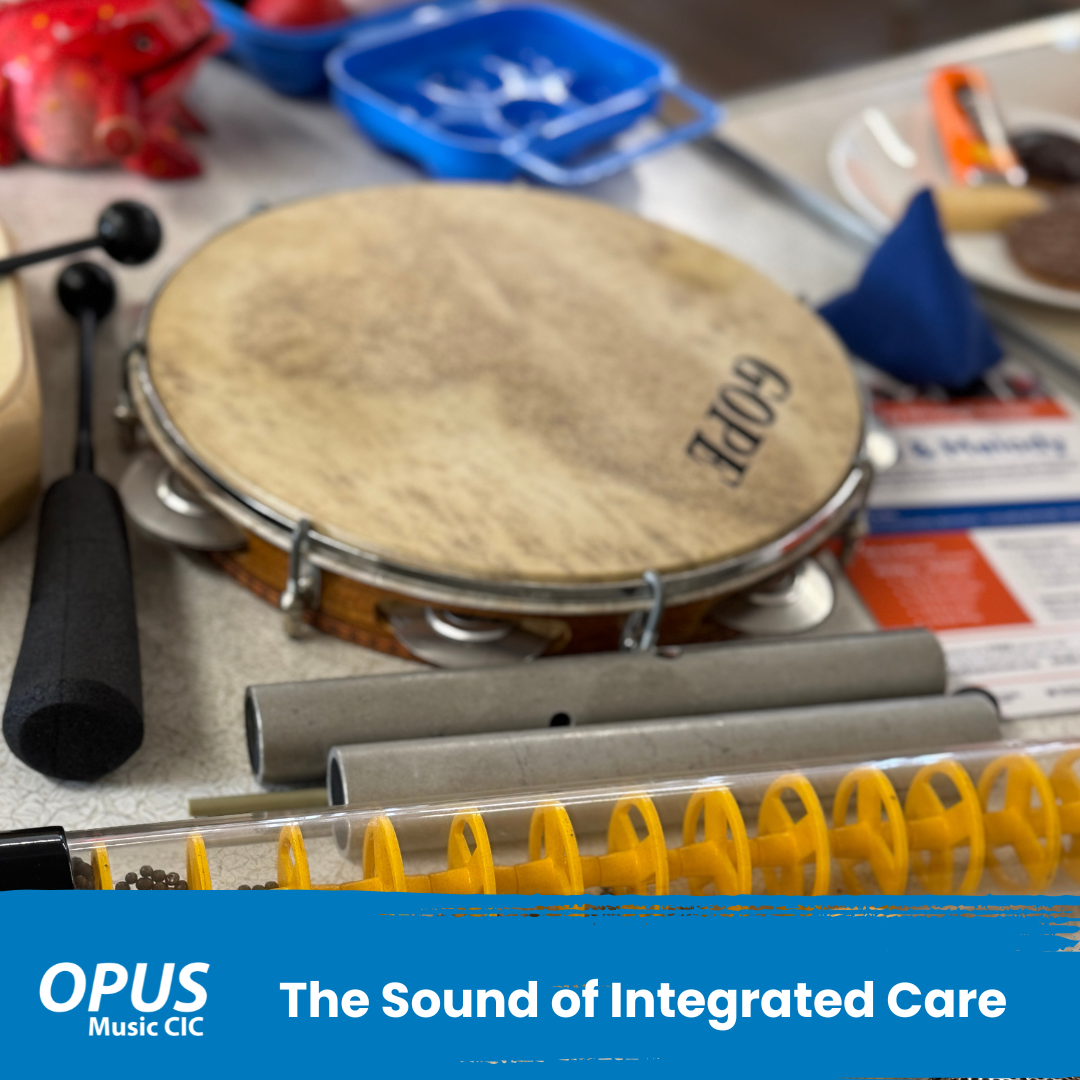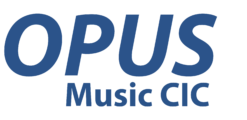Music as Medicine for Babies and Young Children in Hospital
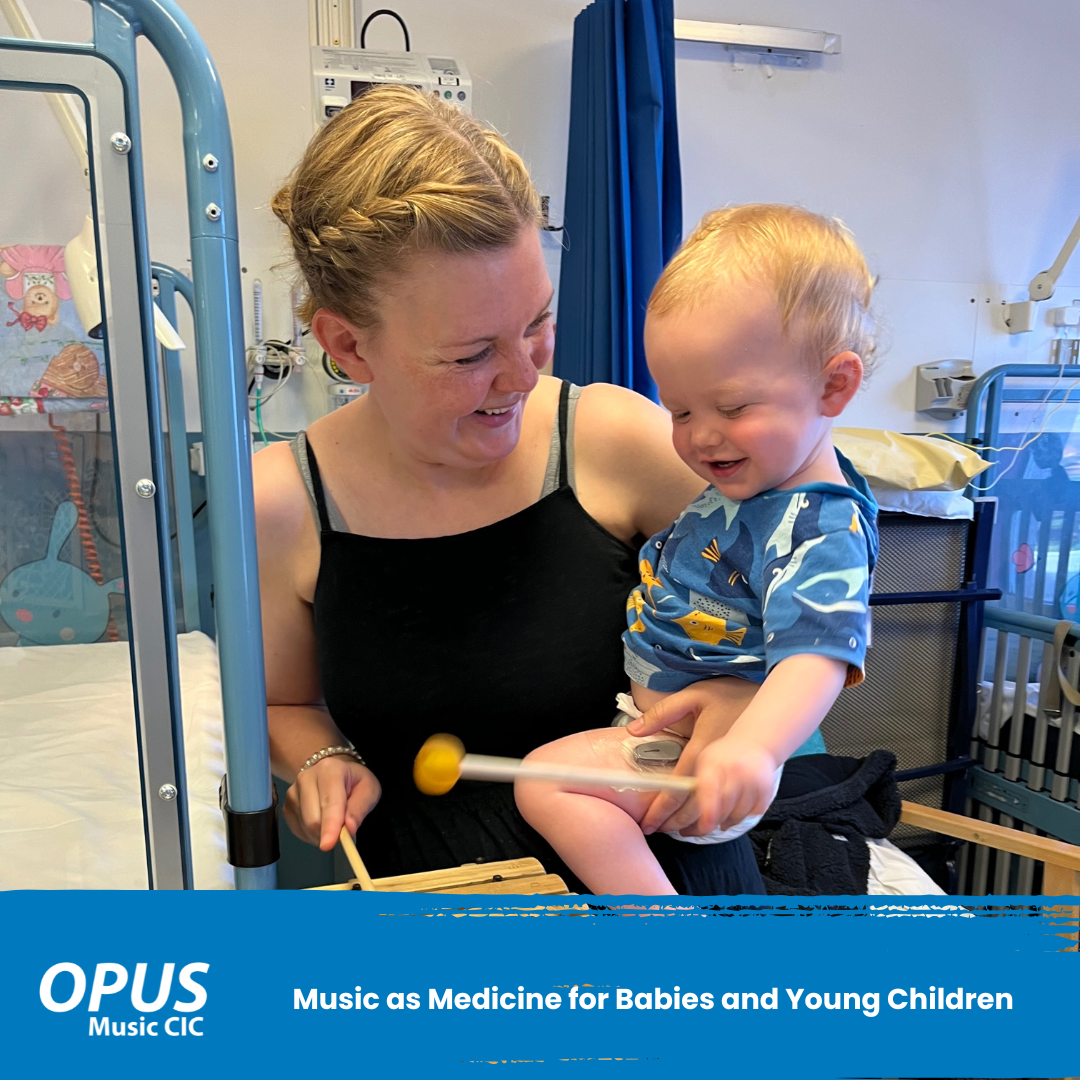
A Look at the Science
Music as Medicine: The Research Behind the Notes
When a child is admitted to hospital, it can be a time of deep stress and uncertainty, not only for the young patient, but for their family and the healthcare professionals supporting them. At OPUS Music CIC, we’ve long believed in the power of live music to support health and wellbeing in clinical settings. But belief alone isn’t enough. Increasingly, scientific research is affirming what we witness every day: music has measurable, positive effects on children and young people in hospital, particularly those with complex or rare health conditions.
A new scoping review published in Health: An Interdisciplinary Journal for the Social Study of Health, Illness and Medicine offers important evidence to back this up. The study, The impact of music on health and wellbeing of children and young people with rare diseases in healthcare settings, identified clear benefits of music interventions in hospitals, including improved emotional wellbeing, enhanced communication, and strengthened relationships between patients, families, and healthcare teams.
The review also emphasised the potential of music to support personal identity, agency, and resilience, even in the face of serious or life-limiting conditions. As the authors note, music in healthcare isn’t just “nice to have”, it’s a powerful therapeutic tool that deserves a recognised role in care planning.
Music Supports Physical Recovery in Neonates
There is robust evidence that music can support physical recovery, particularly for premature babies in neonatal intensive care units (NICUs). A landmark study published in Pediatrics found that live music interventions, like lullabies sung by parents or musicians, can help regulate infants’ heart rate, improve feeding behaviour, and support more stable sleep patterns (Loewy et al., 2013). These physiological benefits can contribute to quicker recovery times and reduced reliance on medical intervention.
As one Neonatal Nurse at Royal Derby Hospital described following a session with OPUS musicians:
“The baby I was caring for during the music playing increased his oxygen saturations to 100%, and so I could turn the oxygen he was receiving down by 3%. He looked so relaxed!”
Reducing Stress and Pain in Children
Music can ease not only the body, but also the mind. Research shows that music reduces levels of the stress hormone cortisol in hospitalised children, which in turn helps with rest, recovery, and coping with treatment. A Cochrane Review (Bradt & Dileo, 2011) found that music can significantly reduce pain and anxiety during medical procedures in children.
From a child’s perspective, the effect can be both simple and profound:
“It made me feel very happy.”, Aged 8
Enabling Clinical Procedures
Music’s impact extends to the success of diagnostic and clinical interventions. When patients are calmer and more settled, clinicians can perform essential tasks more effectively. A cardiographer at University Hospitals Leicester told us:
“I was on the Neonatal Unit to get an ECG from a baby who was upset by hiccups. The musicians offered to play and, miraculously, after about 30 seconds of music, the baby went to sleep, and I was able to obtain a good quality result.”
These small but crucial moments show how music can help facilitate better clinical outcomes.
Supporting Families, Not Just Patients
The impact of hospitalisation ripples beyond the patient to their entire family, particularly when it involves babies or young children in critical care. Music can offer comfort, foster connection, and help parents process their own emotional stress. The scoping review from Health found that music helped families create shared, positive experiences in otherwise difficult environments, helping to reduce parental anxiety and build emotional resilience.
As one parent shared after experiencing live music from OPUS musicians:
“Last week I had an amazing and unexpected experience. Whilst in the hospital extremely tired and emotionally drained, OPUS turned up with their music and gave me the strength I needed to carry on.”
Another parent described a moment they’ll never forget:
“It was just the most beautiful moment and will be a lovely memory we treasure forever. Holding my 24-week baby’s hand and listening to the gentle music. I cannot express how precious that was for us, thank you so much.”
Why It Matters Now More Than Ever
At OPUS Music CIC, we are committed to embedding music into healthcare as a core component of care, not a luxury or distraction. Live music in hospital settings is non-invasive, cost-effective, and increasingly evidence-based. It can calm, comfort, connect, and heal.
Whether we’re helping to reduce oxygen support, enable a medical procedure, or simply offer a moment of relief in a long day, every note can make a difference.
Further Reading & Research
- The impact of music on health and wellbeing of children and young people with rare diseases in healthcare settings – A Scoping Review, Health, 2024
- Live Music Reduces Stress in Neonatal Intensive Care Units – Loewy et al., 2013
- Music Interventions for Mechanically Ventilated Patients – Bradt & Dileo, 2011 (Cochrane Review)
- Music From the Very Beginning-A Neuroscience-Based Framework for Music as Therapy for Preterm Infants and Their Parents – Haslbeck & Bassler, 2018
If you’re interested in bringing live music into your healthcare setting, get in touch. Together, we can keep making music that matters.
